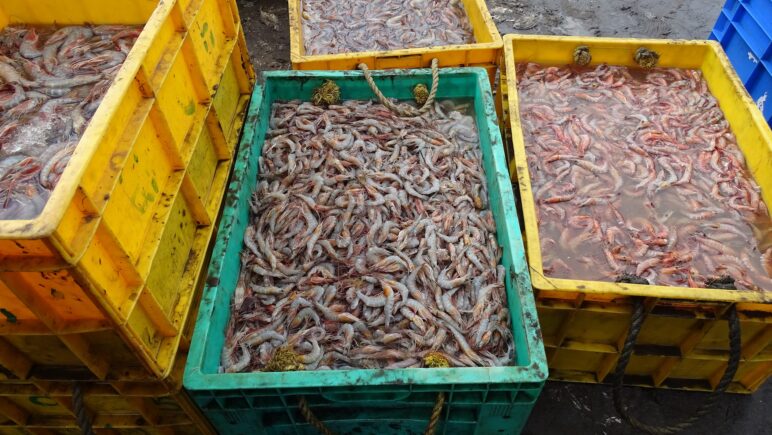Live export of decapod crustaceans is a major UK industry that poses considerable welfare risks for the animals being transported.
Government statistics show that in 2021, crustaceans accounted for about 16.5% of UK seafood exports with a total value of £238.5 million.
Globally, seafood import–export activity remains high, supporting a large live transport industry for shellfish, including decapod crustaceans. While the seafood economy continues to grapple headwinds, live transport poses profound challenges to animal welfare.
Live transport is a popular choice for suppliers seeking to prolong freshness. However, any advantage live transport offers can only be realised when animals are properly and humanely transported using methods that minimise negative welfare impacts. While stock species demonstrate varied resilience to live transport, all decapod species are prone to harmful stressors experienced during live handling and transport. For this reason, every species requires honest and proactive consideration of their welfare needs throughout the transporting process. Practices that may have been in use for many years need to be reevaluated through a welfare lens, not just the protection of product quality.
Decapod crustaceans were recognised as sentient in UK law in 2022, which means it has been legally accepted that these animals experience pain, pleasure and fear. Due to the range and degree of stressors experienced during live transport, this sector of the crustacean industry needs to address evidence-based reform as a matter of urgency.







